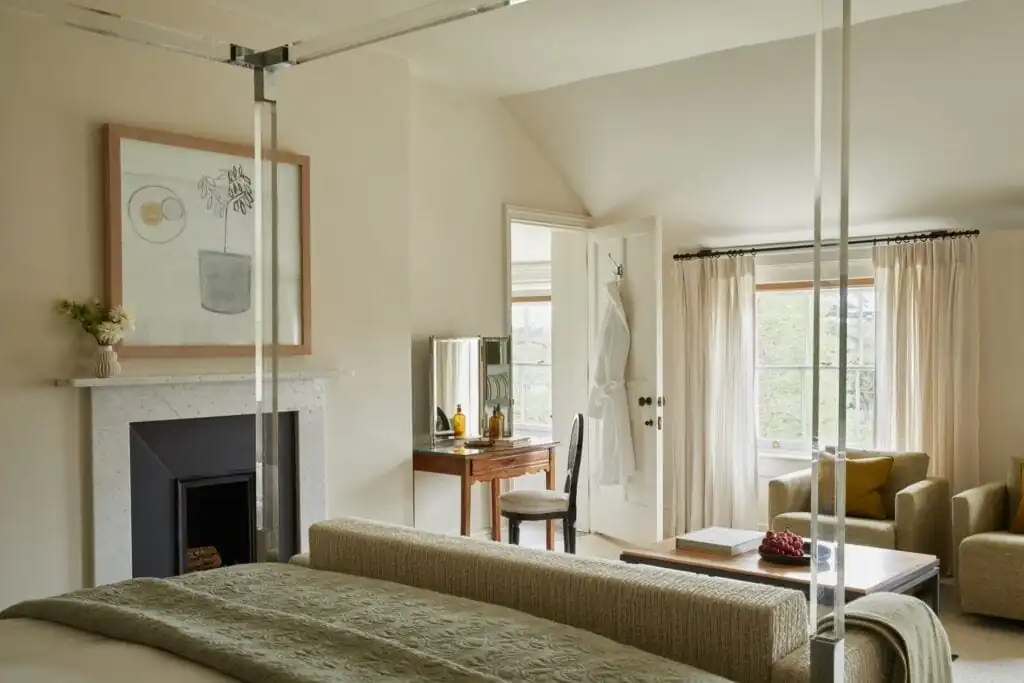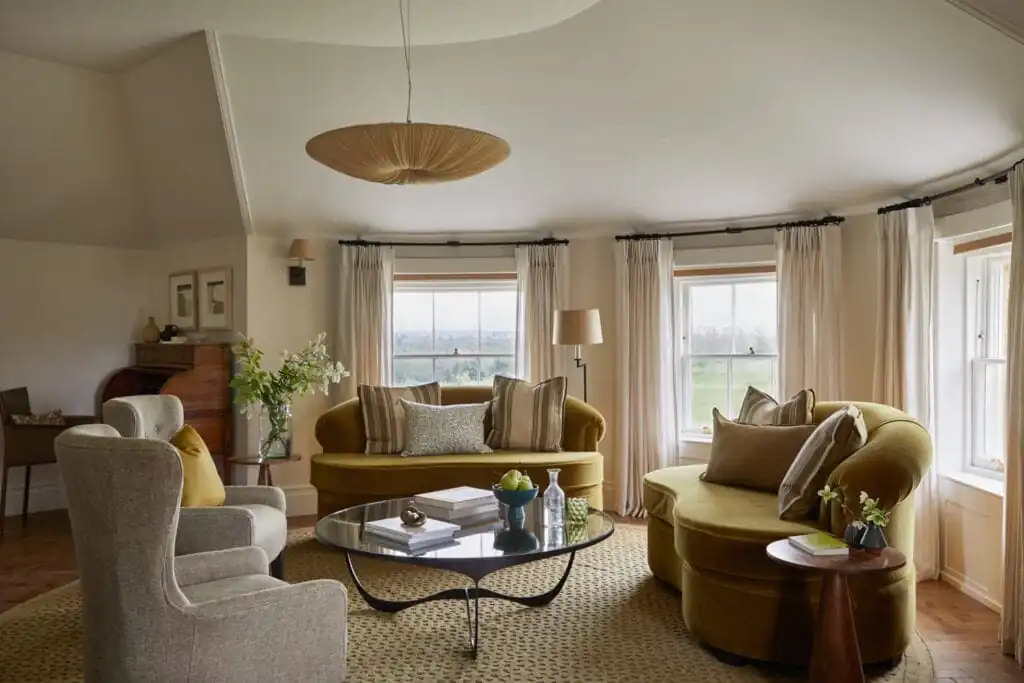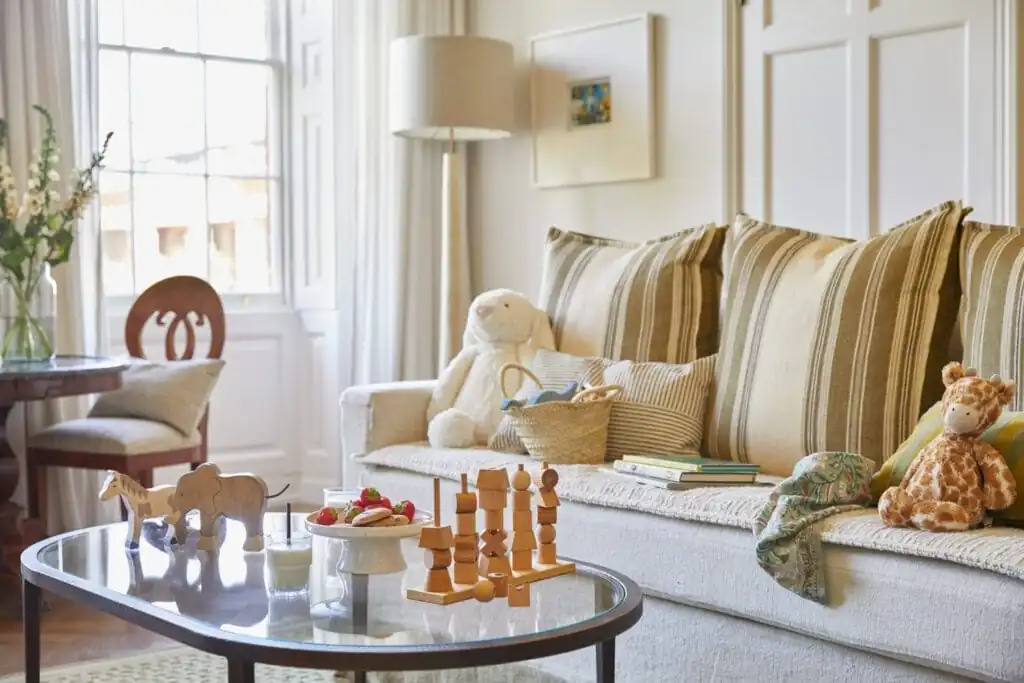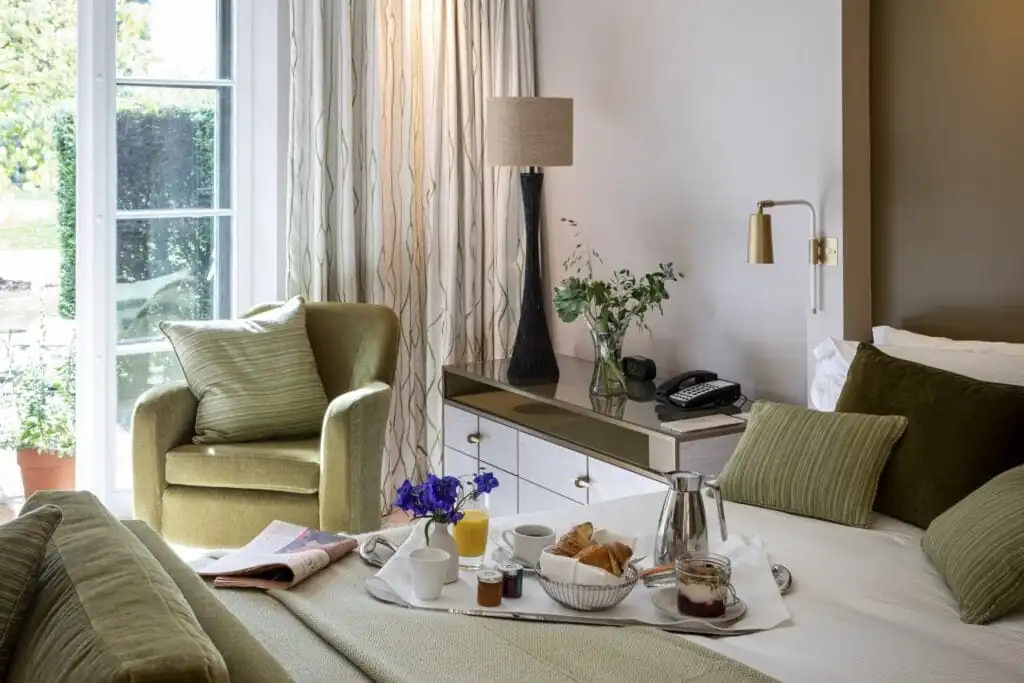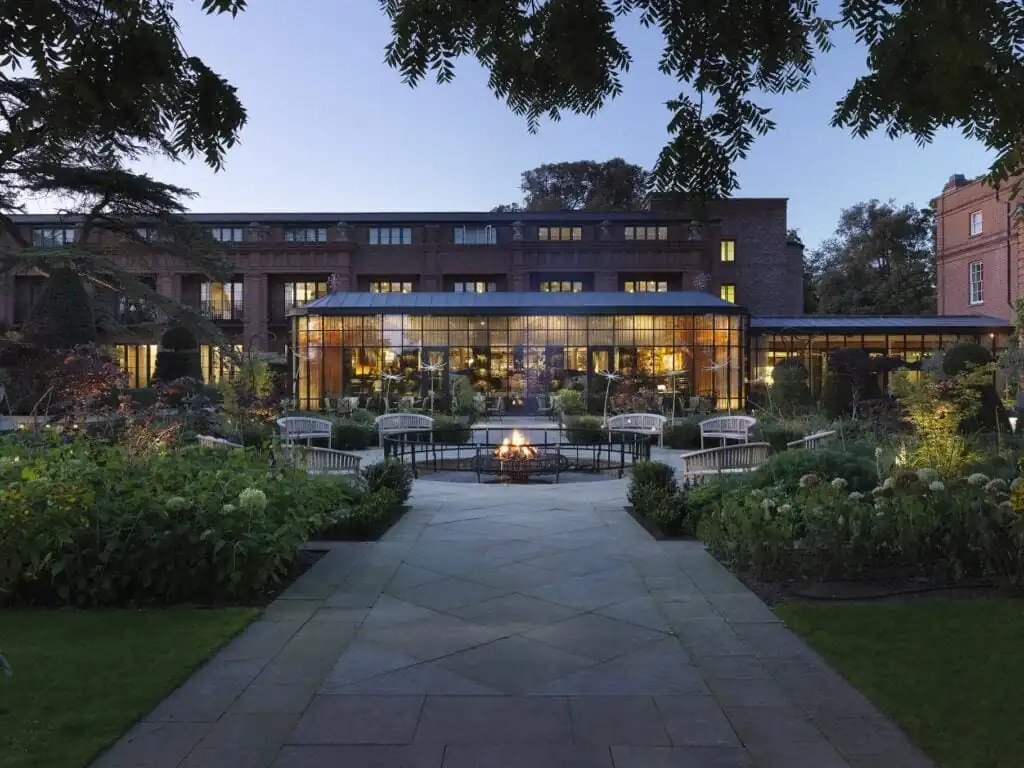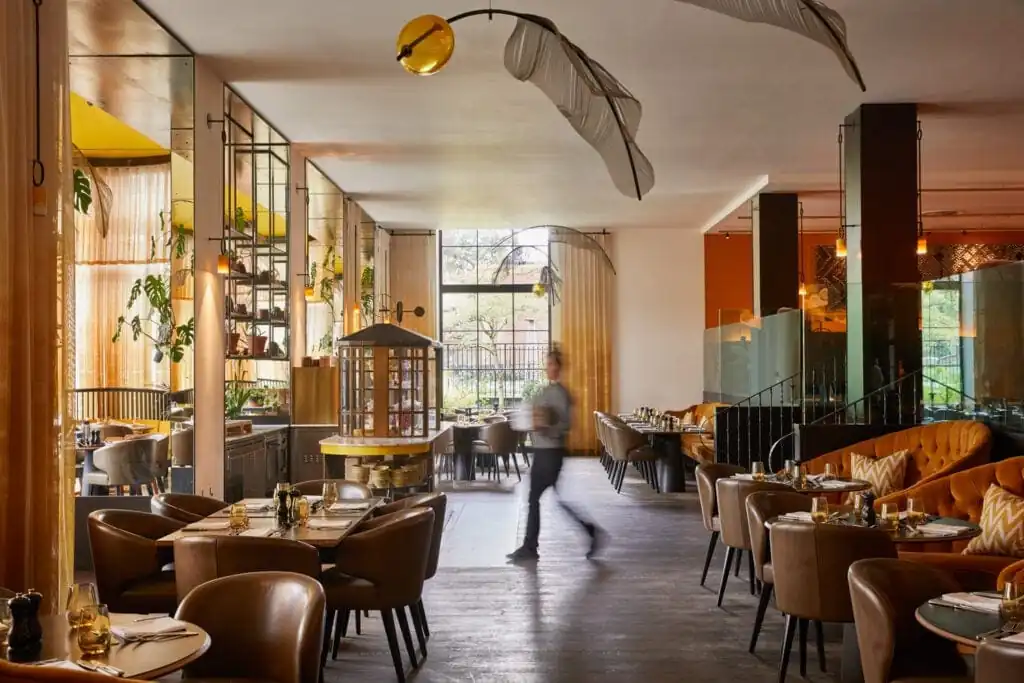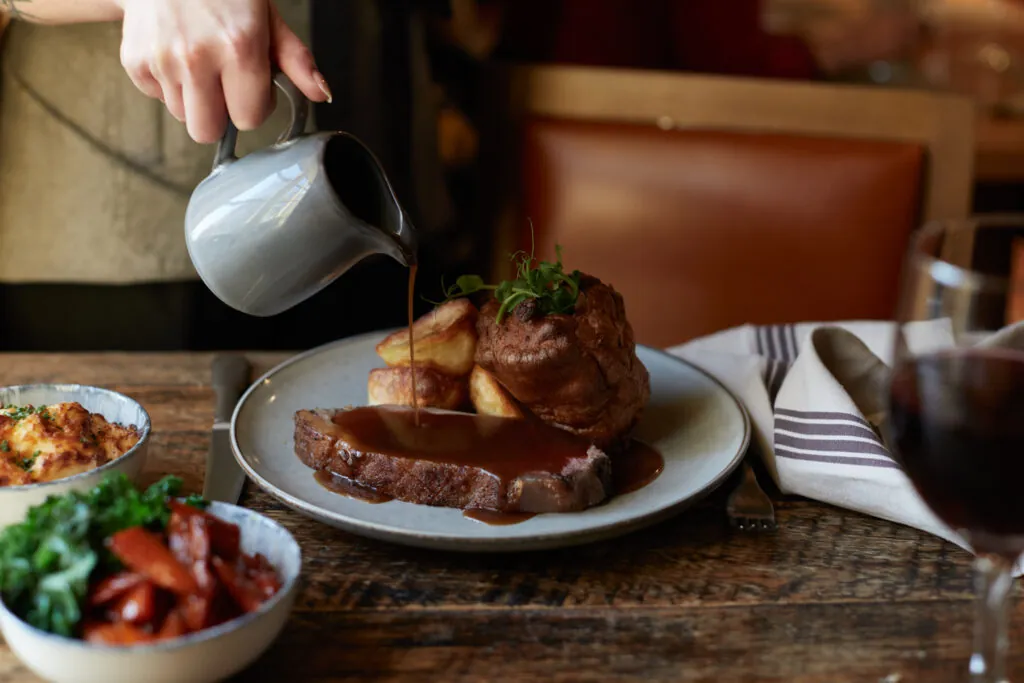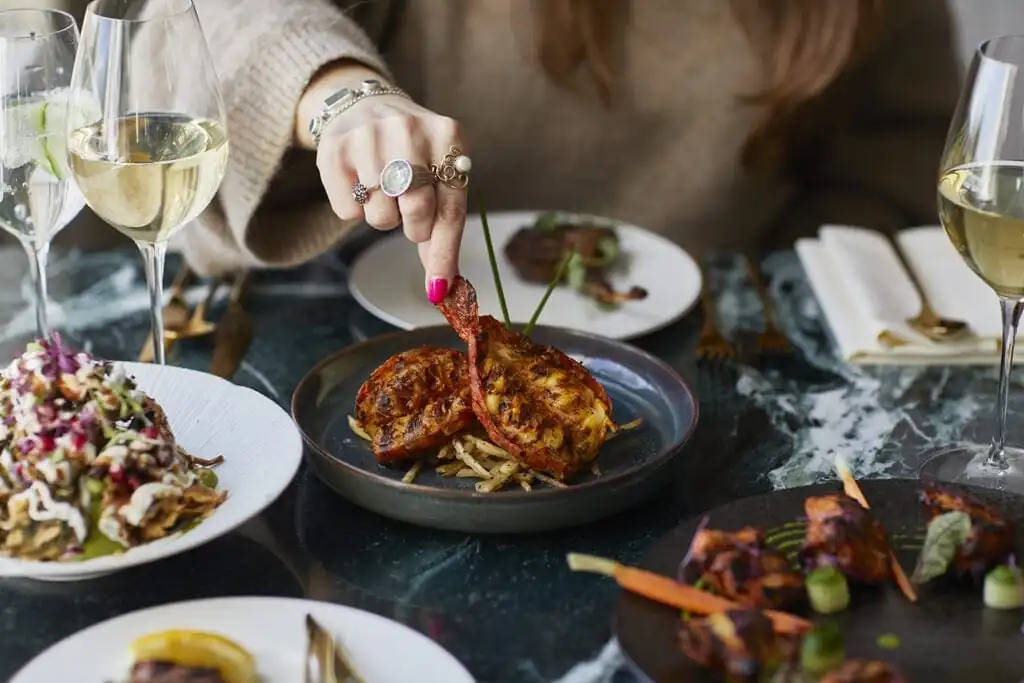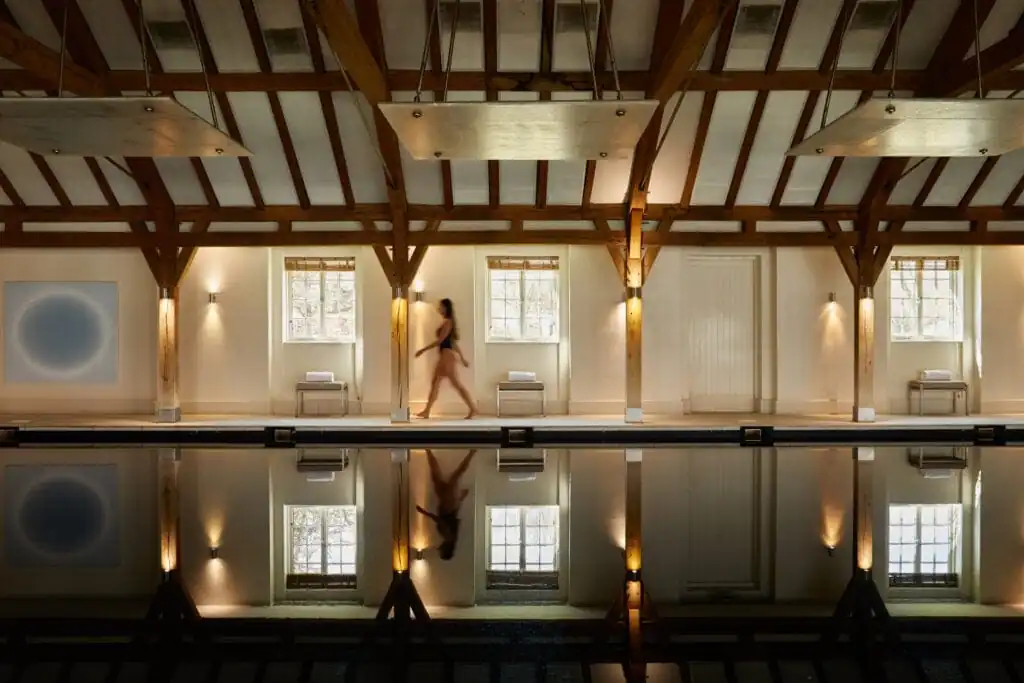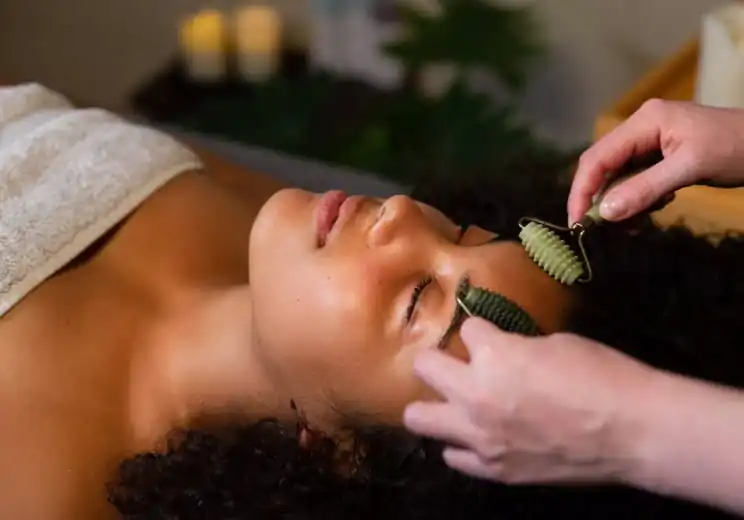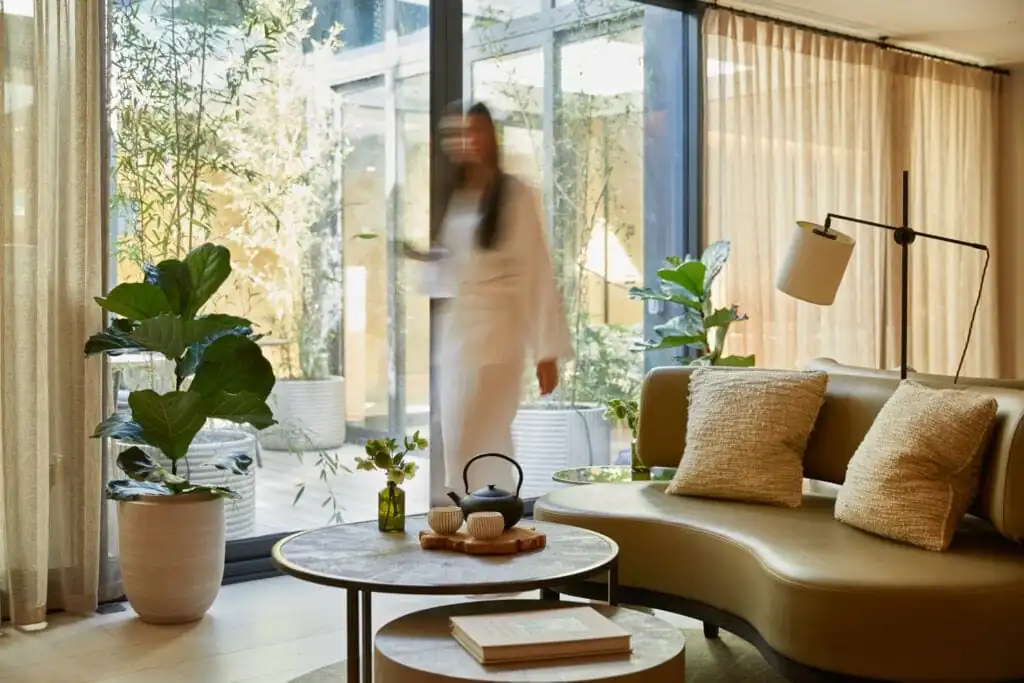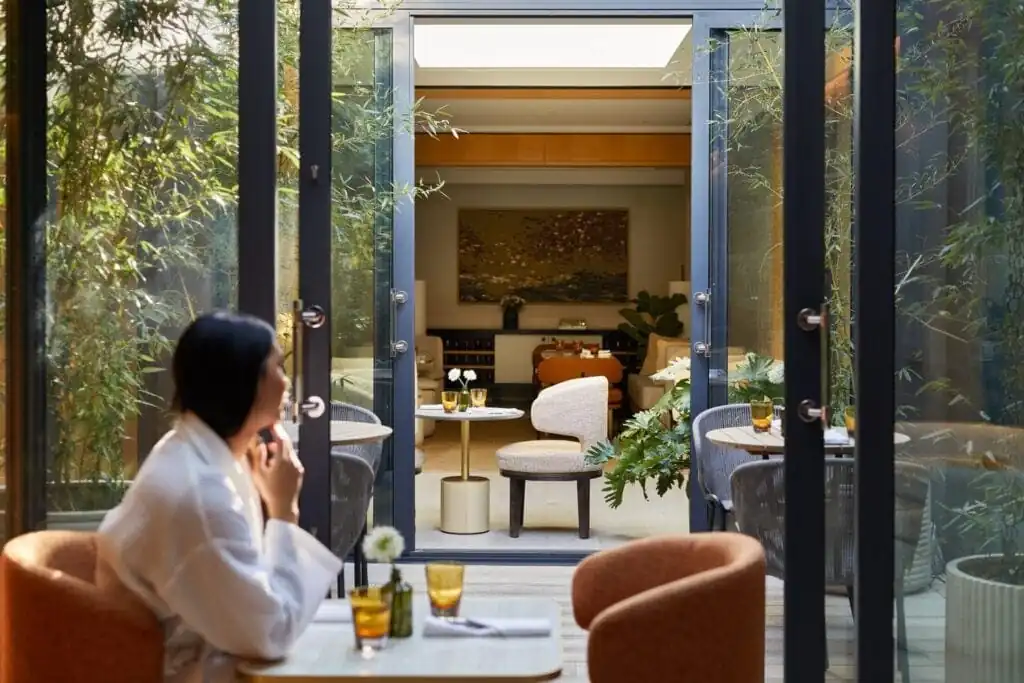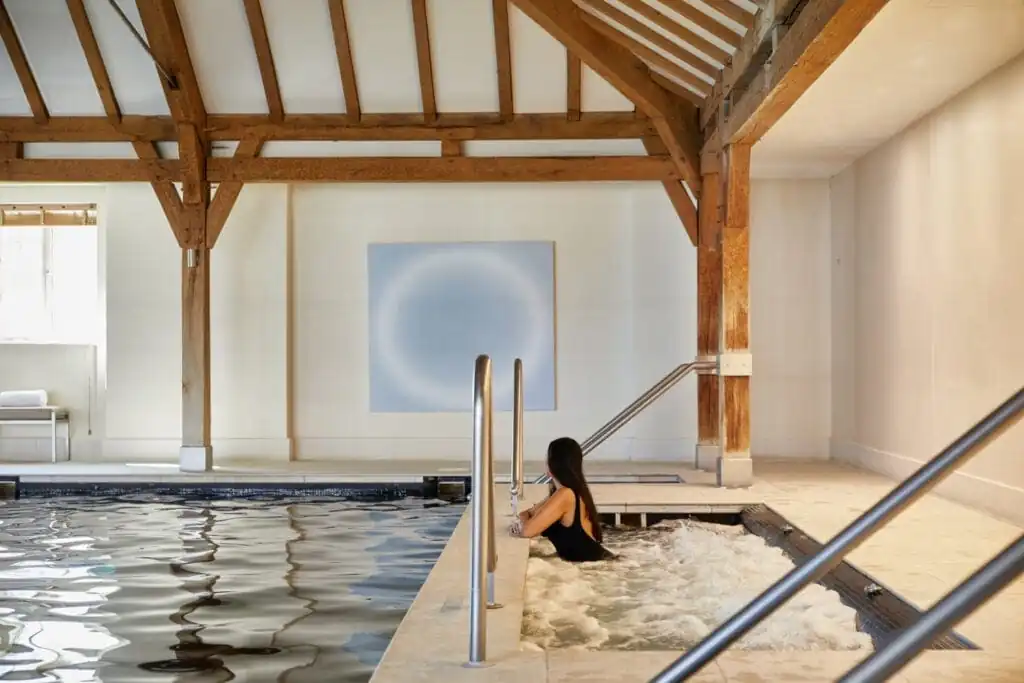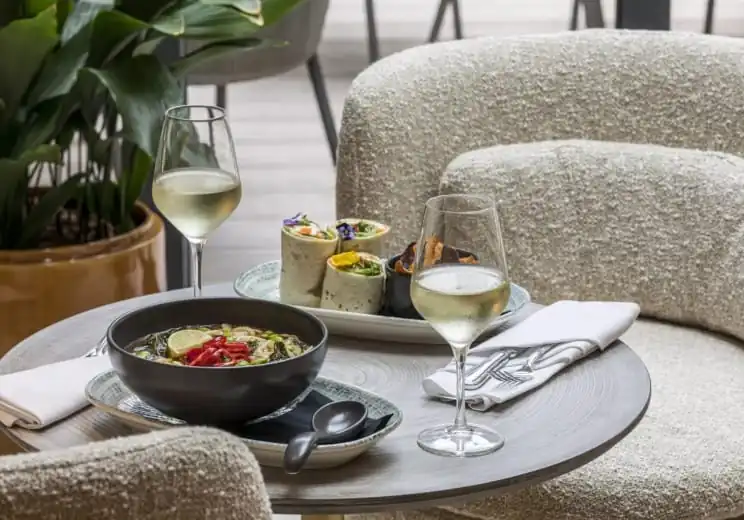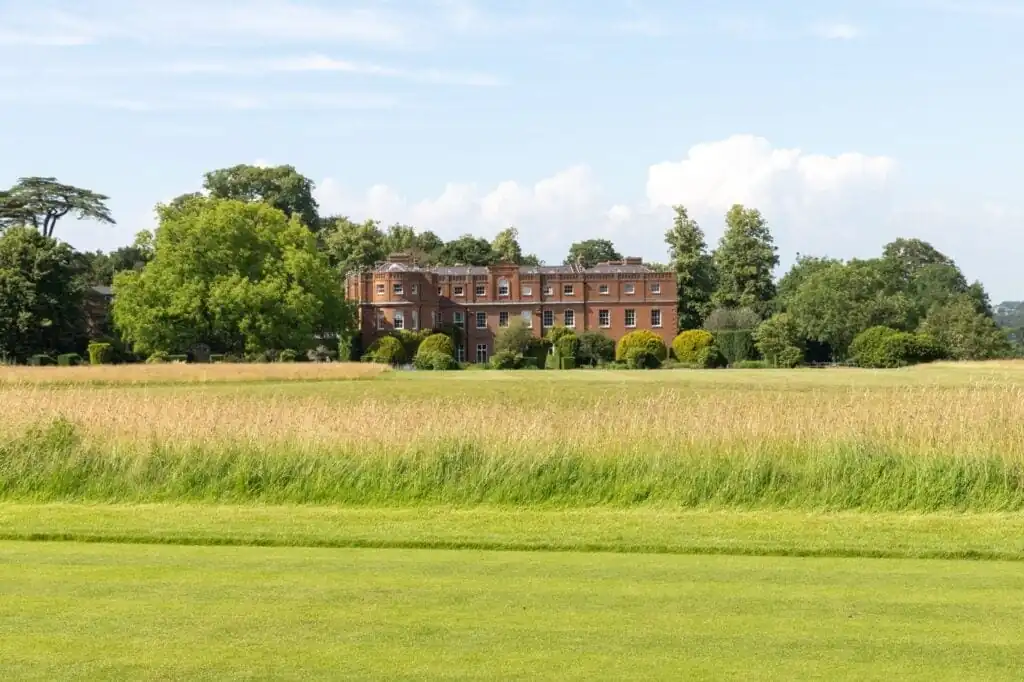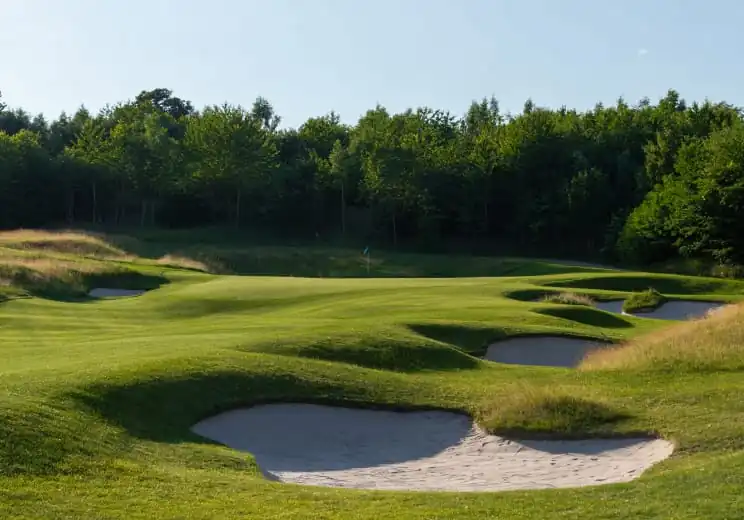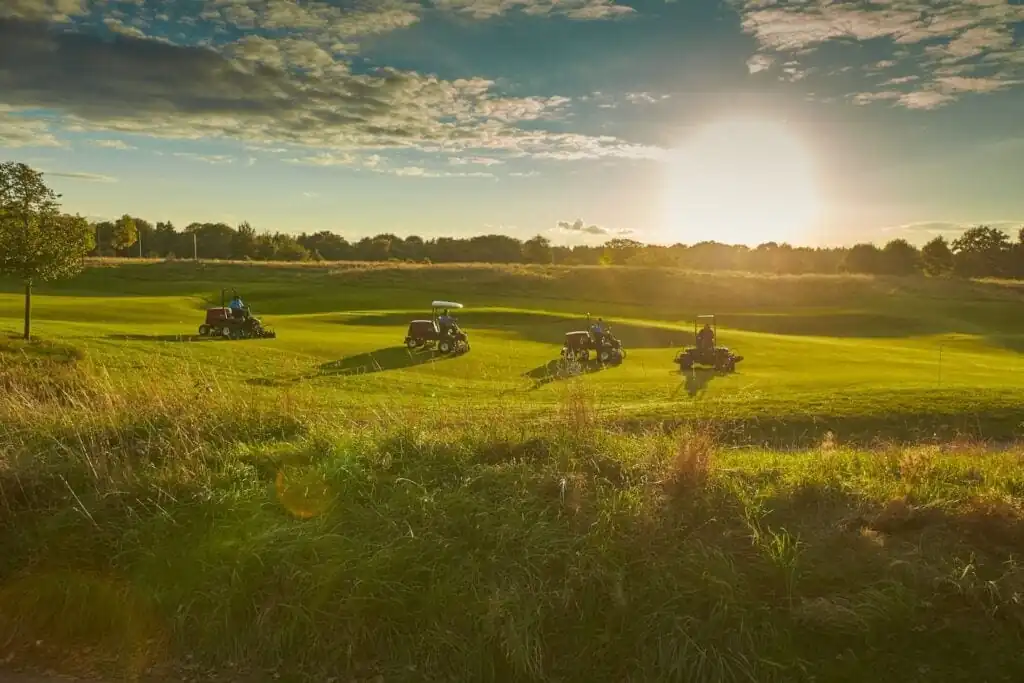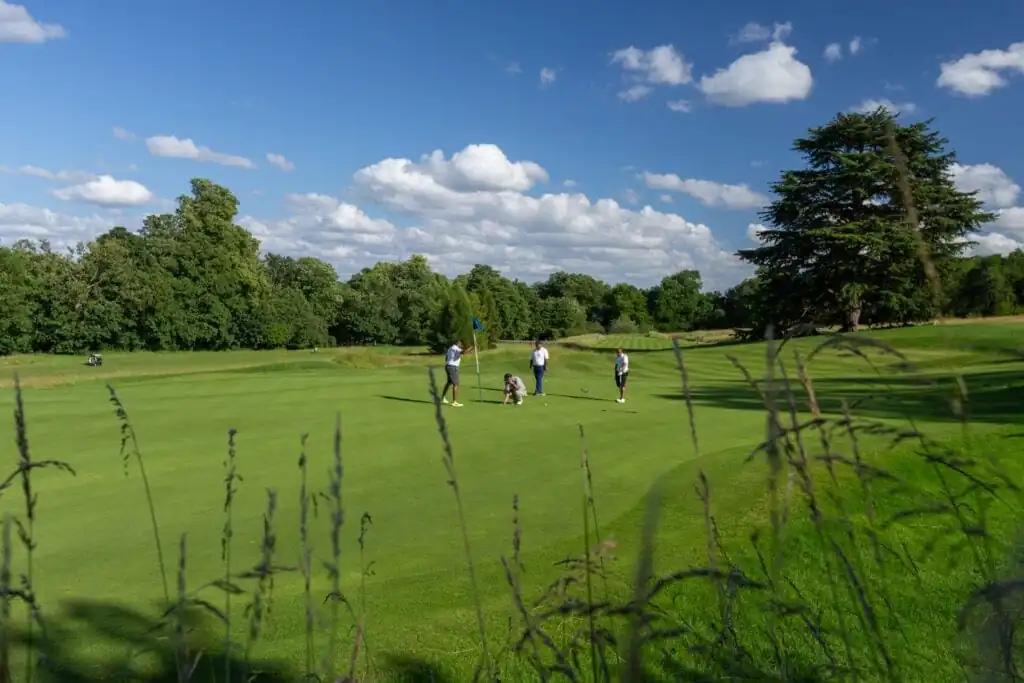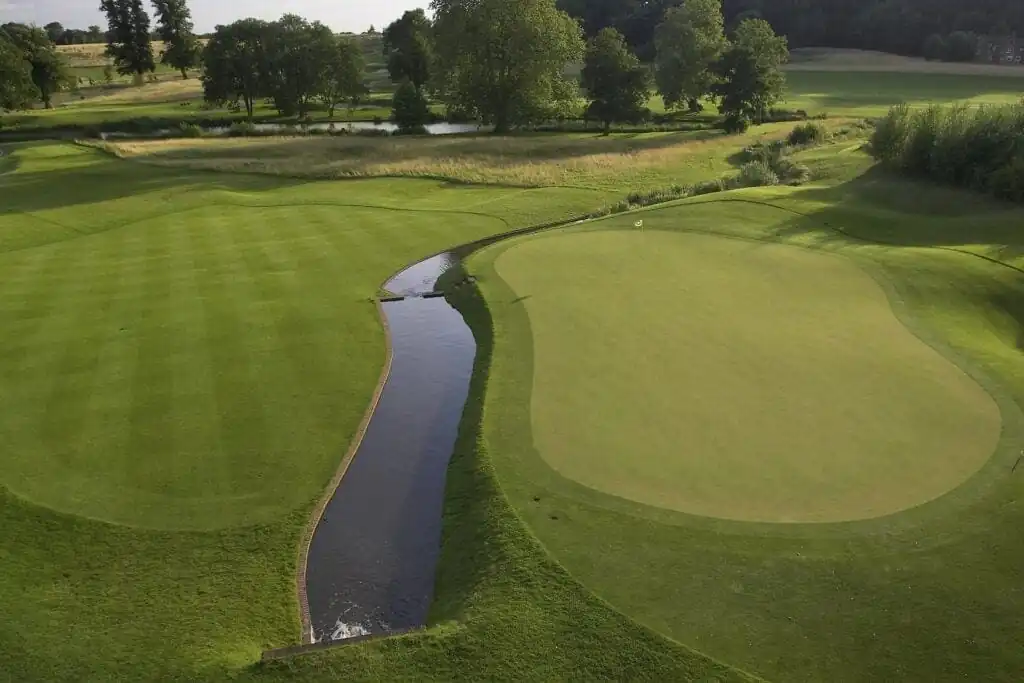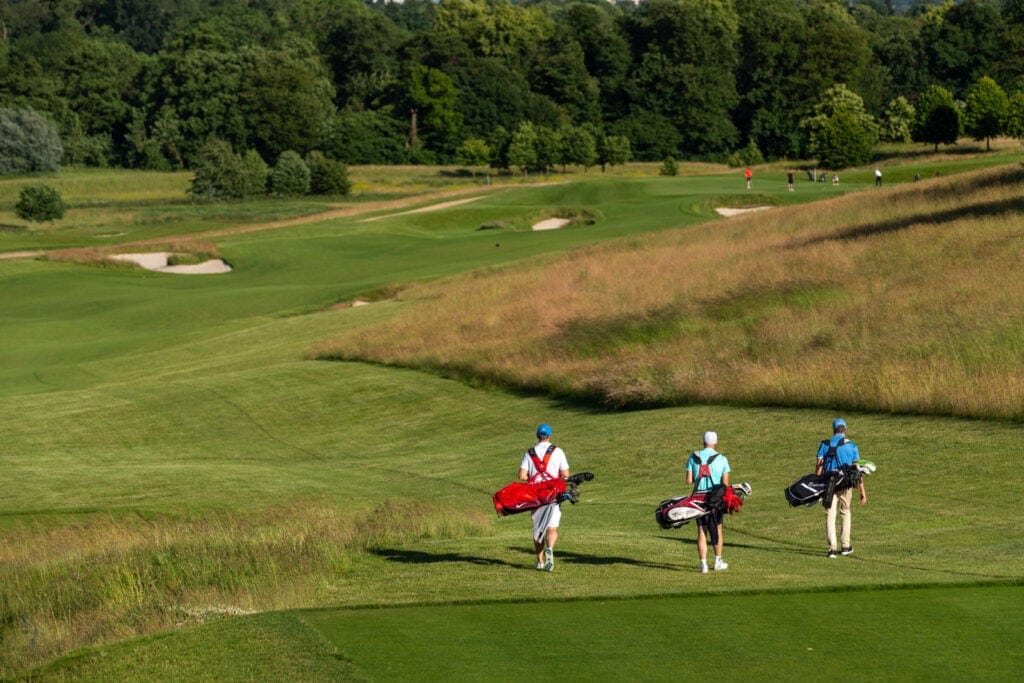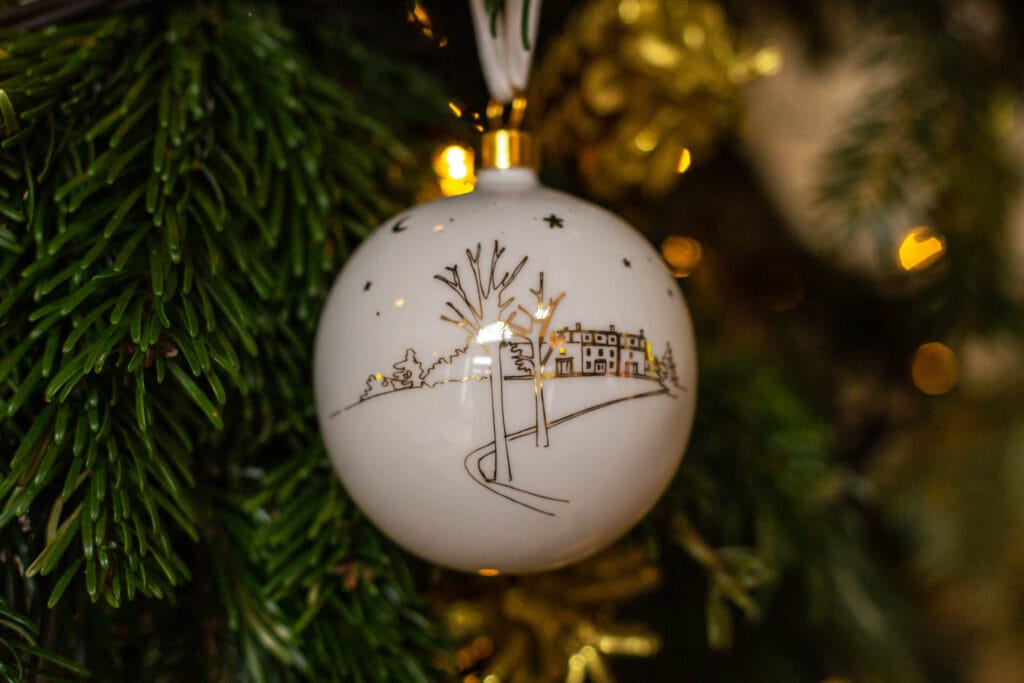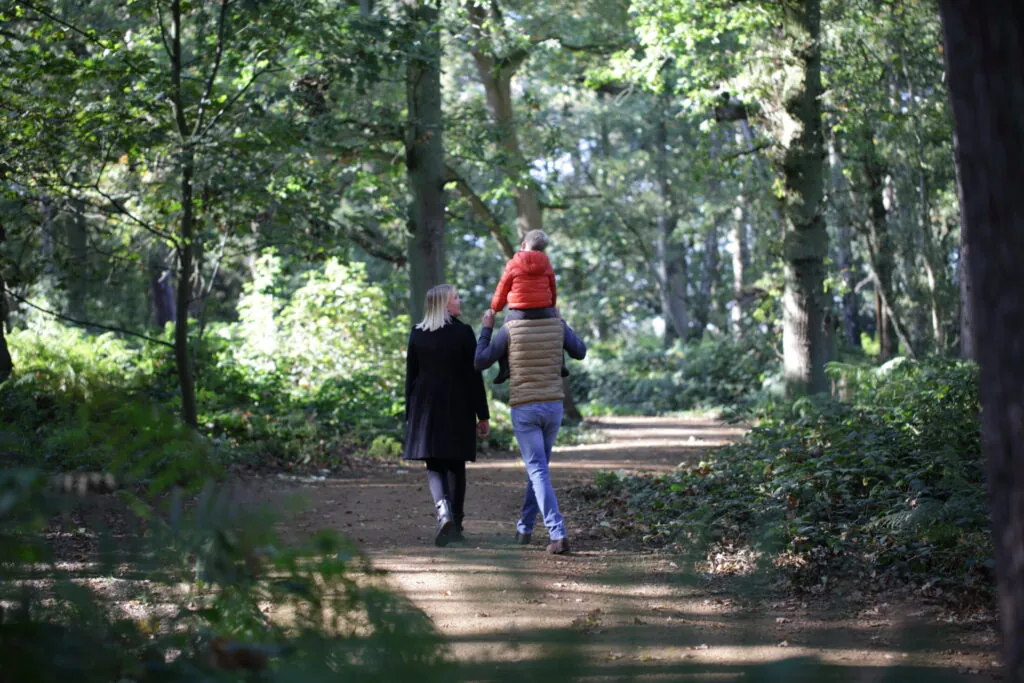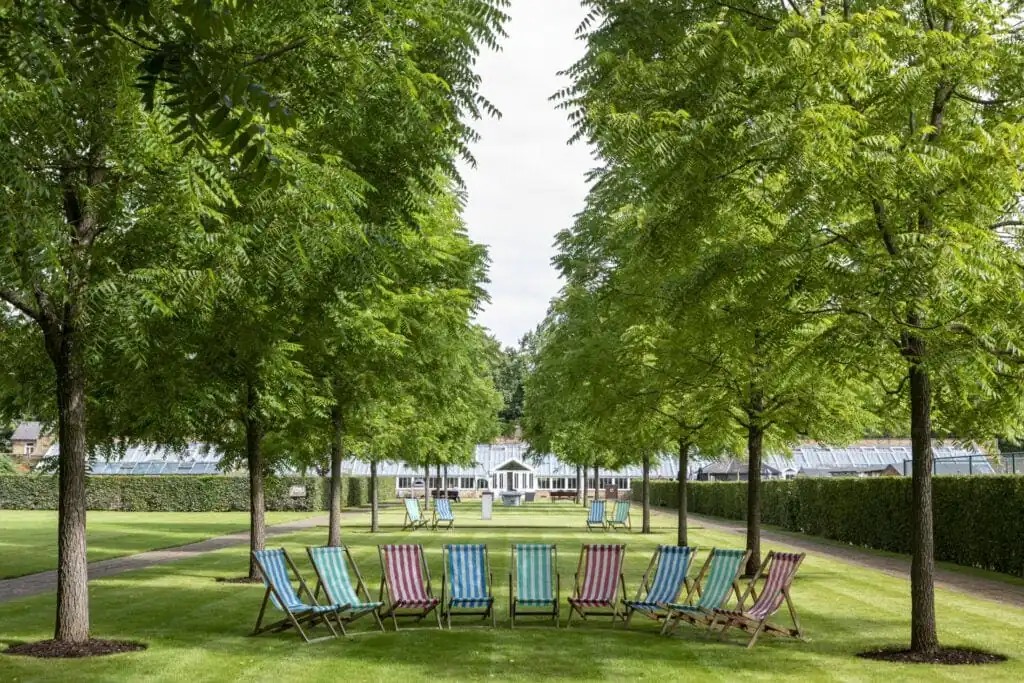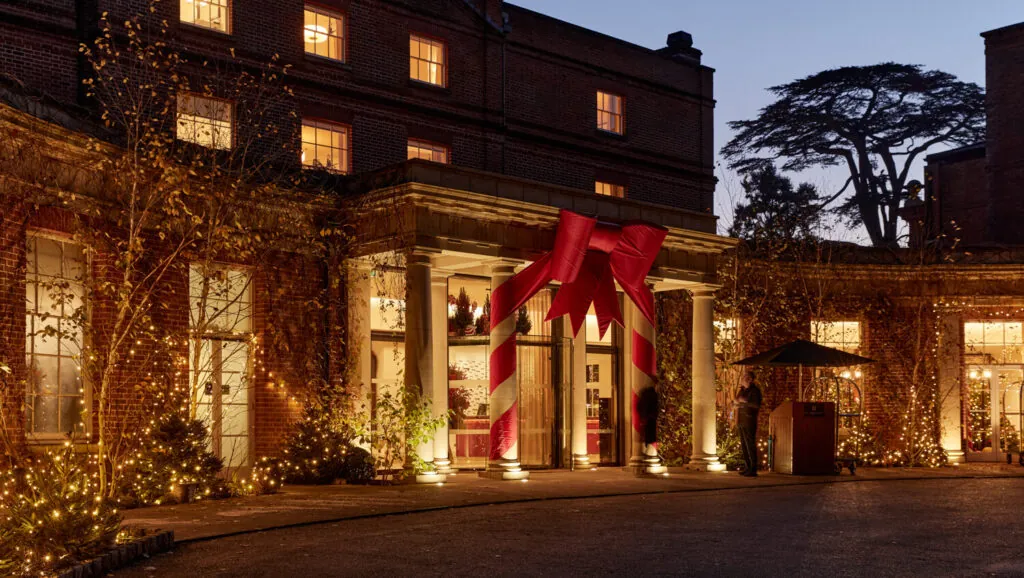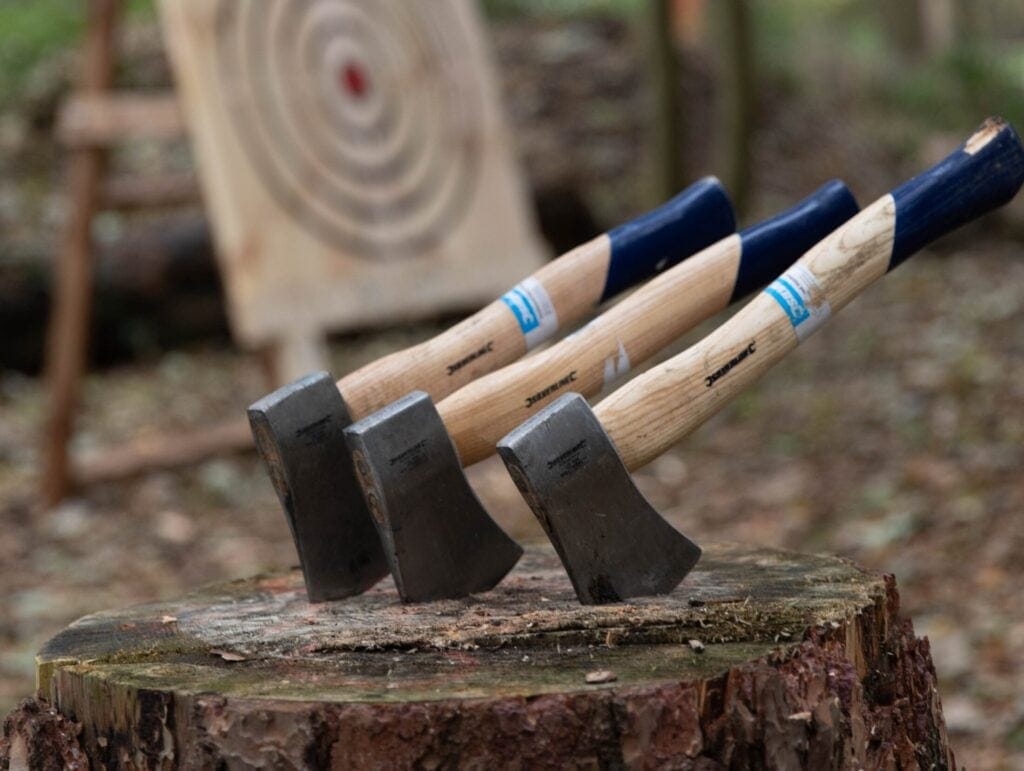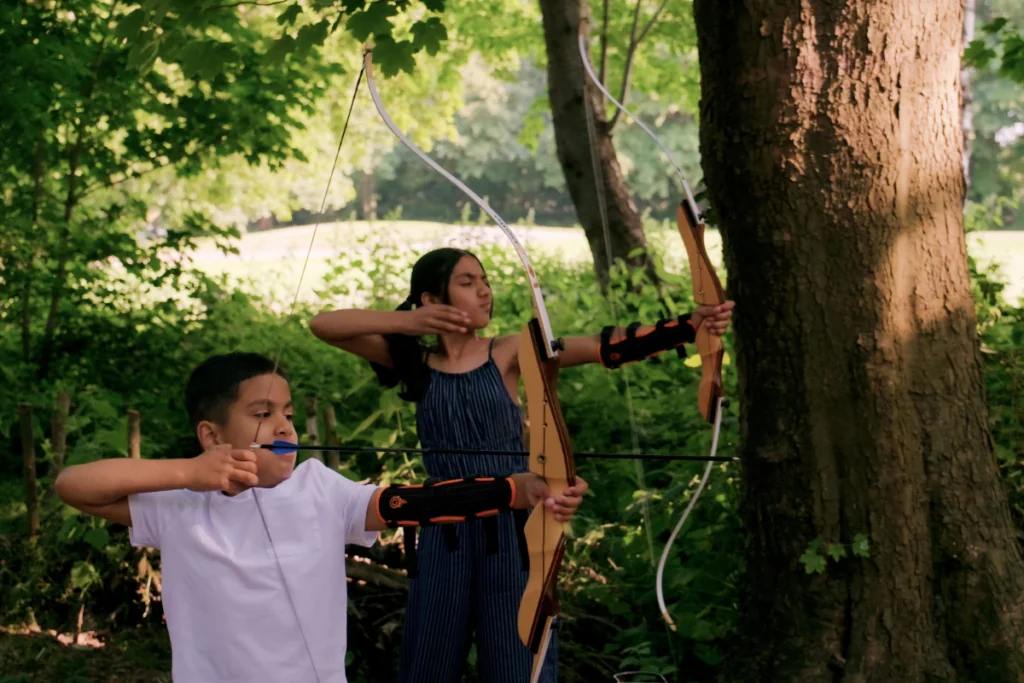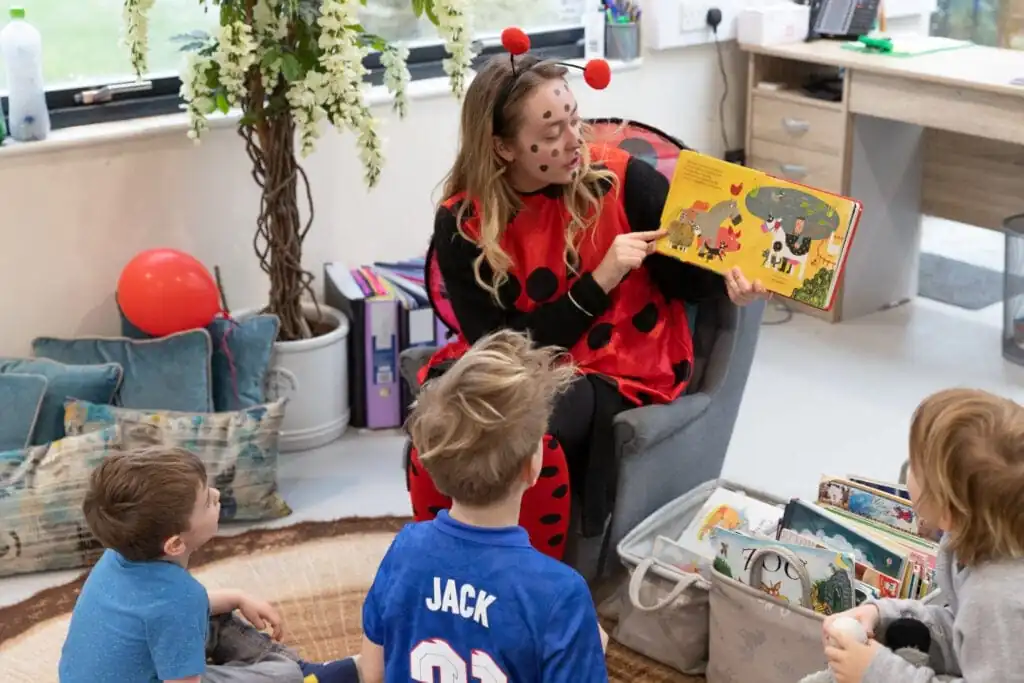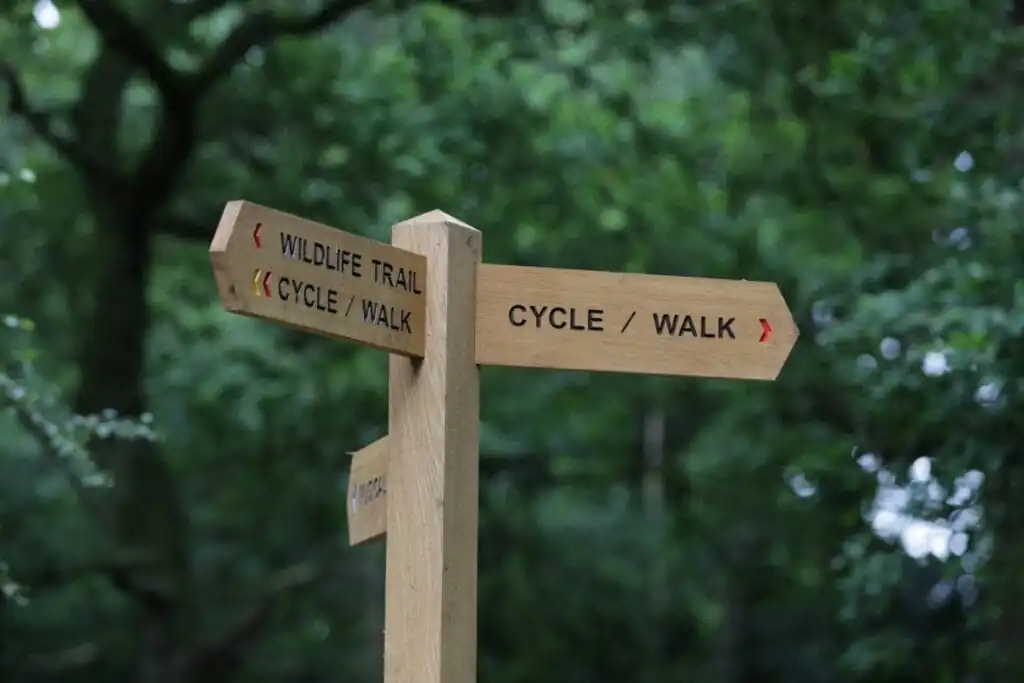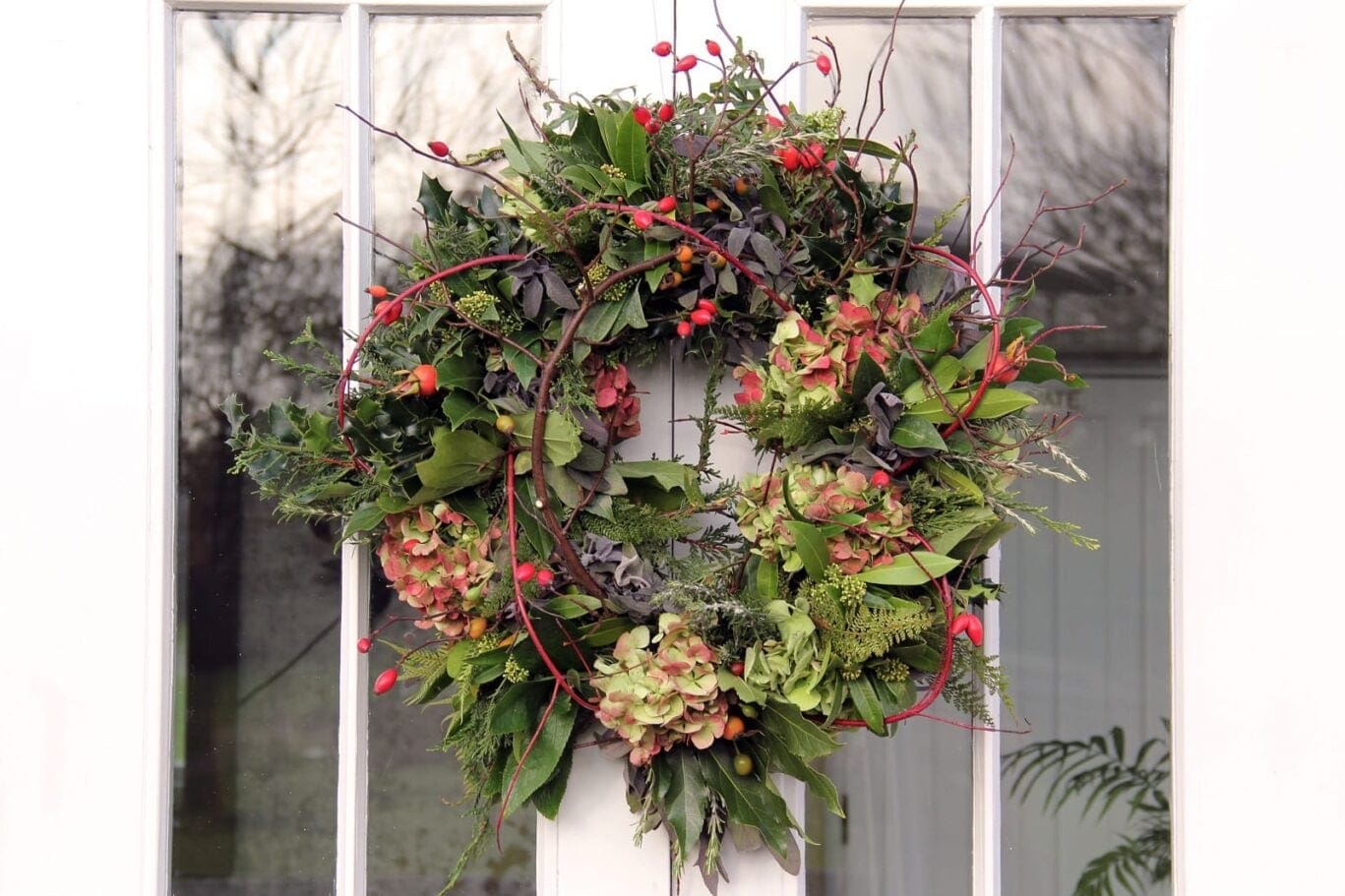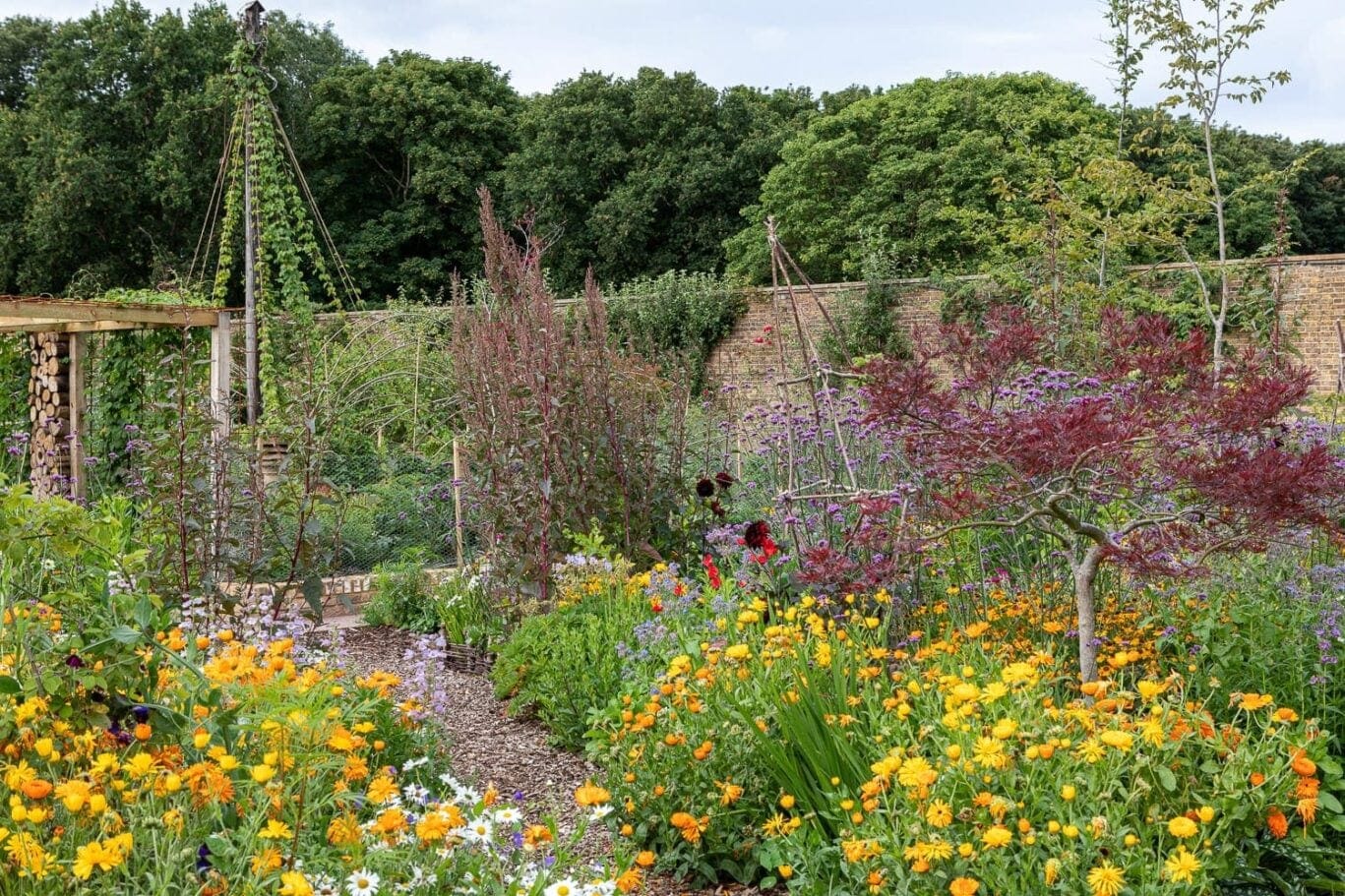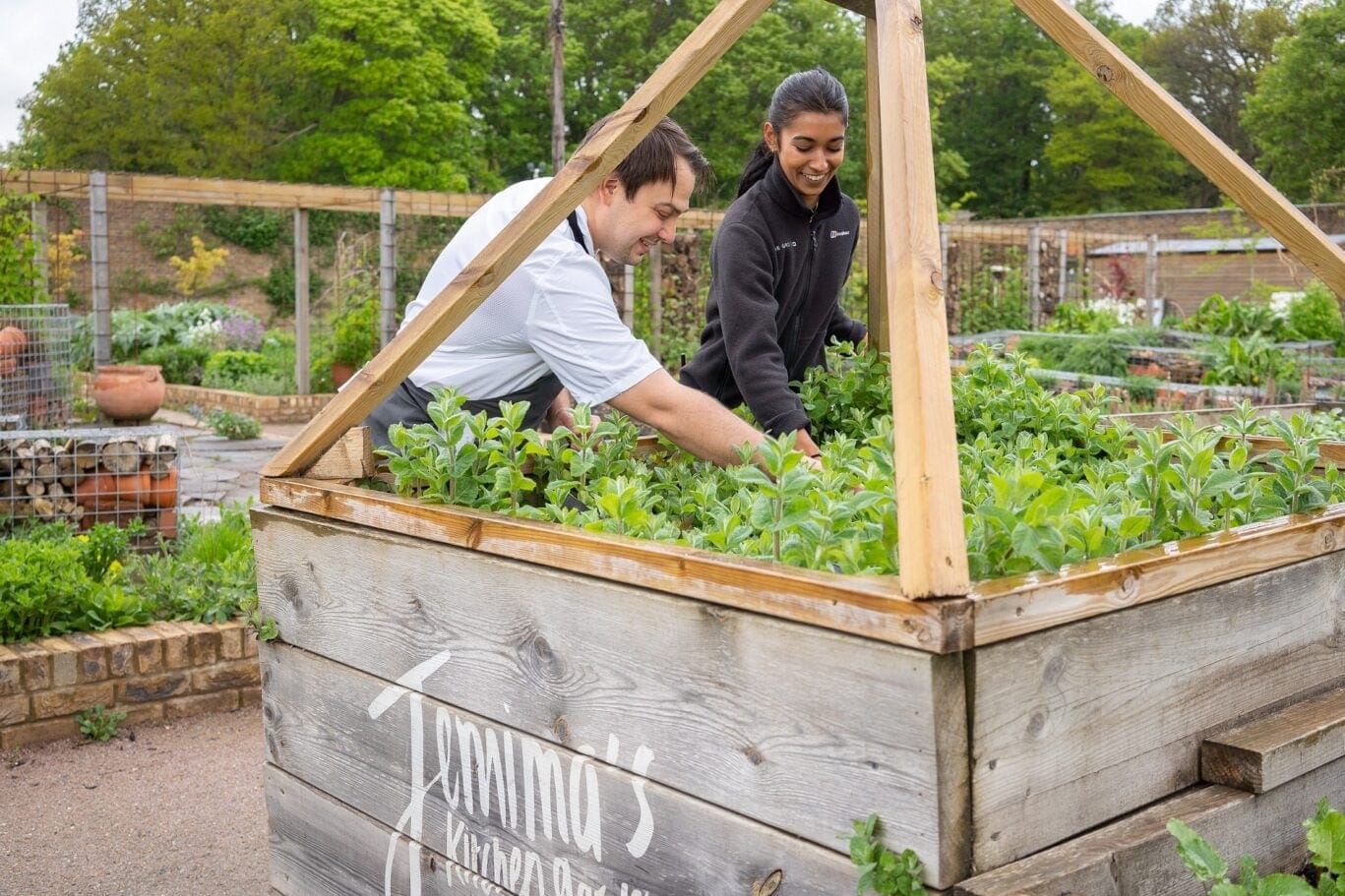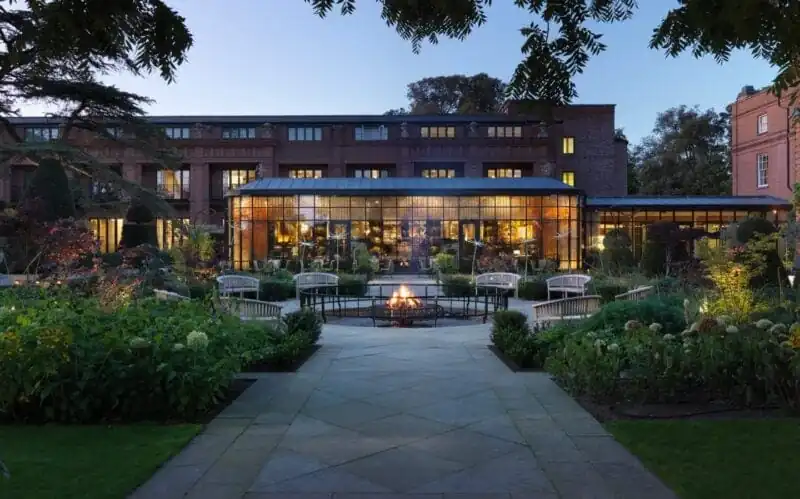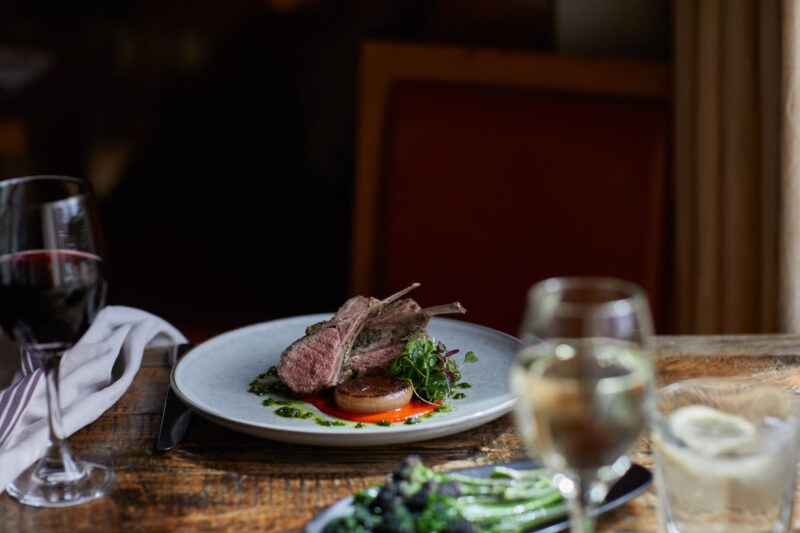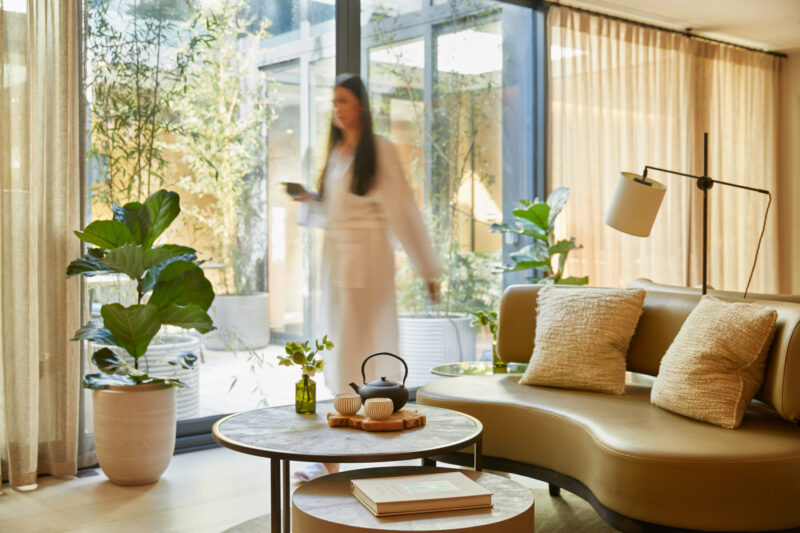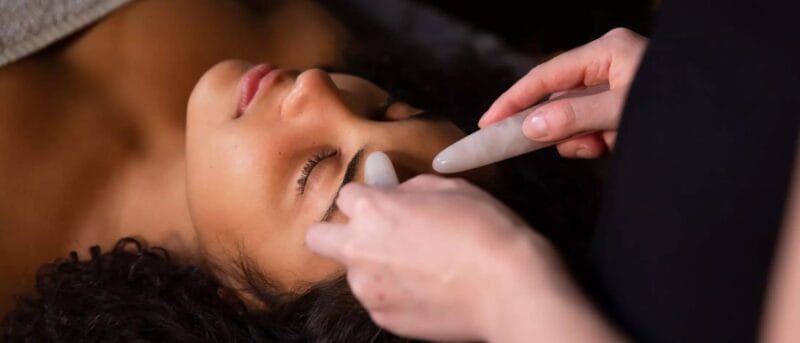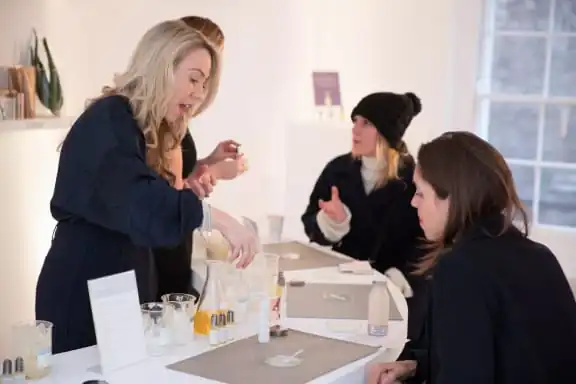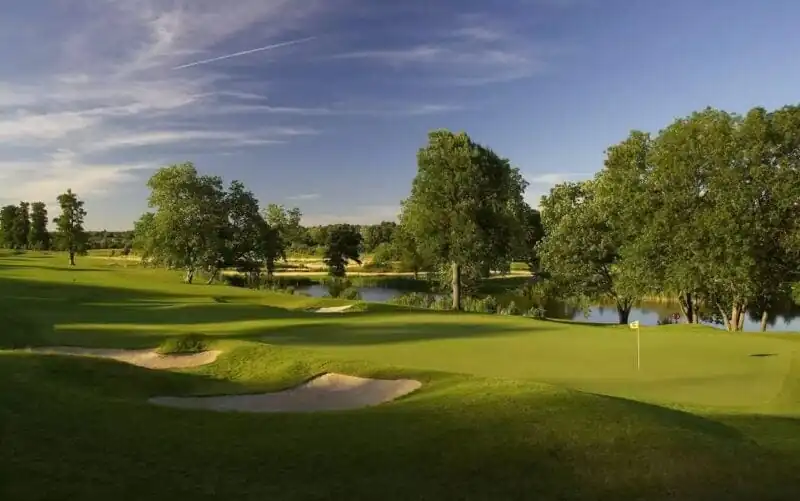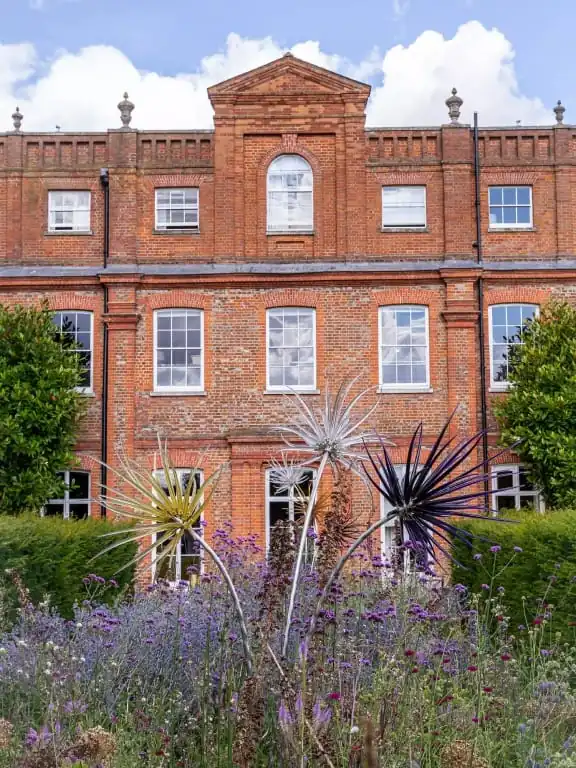The Glasshouse
We do love a reason to celebrate, and this spring there are plenty of horticultural days of appreciation that we will certainly be celebrating. Most recently we observed World Frog Day, World Planting Day and World Wood Day, and so we caught up with our wonderful gardens team to learn a little more about what each celebration represents and what the team have been doing to show their support.
World Frog Day, 20 March: Celebrating the Frog by Emma Tipping, Gardener
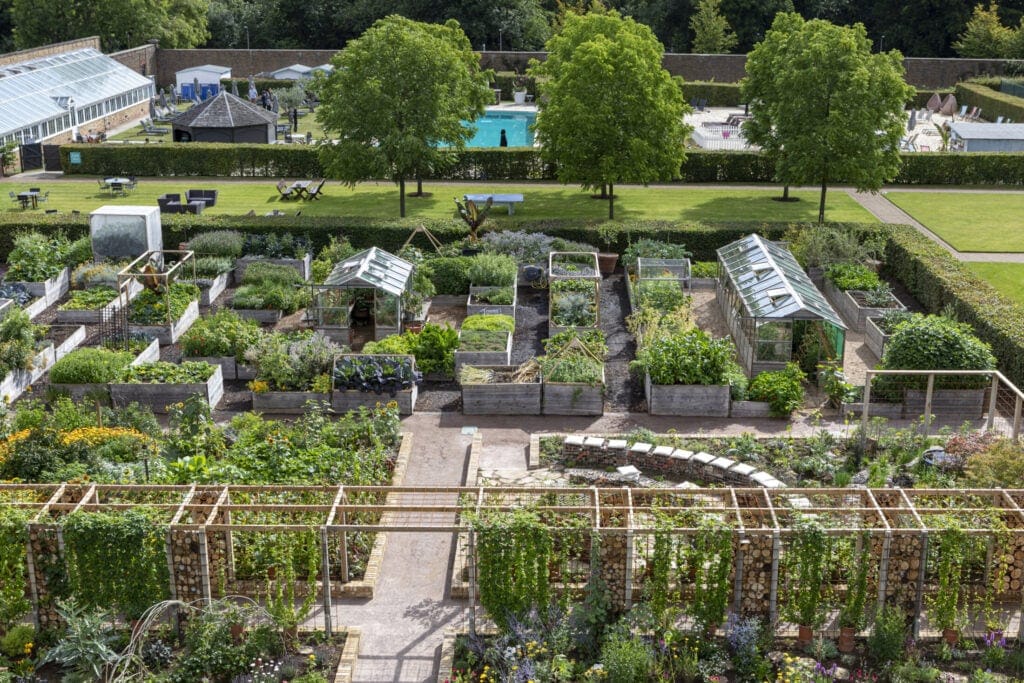
“It’s not easy being green” – Kermit the Frog
Two species of frog are native to the UK: common frogs and pool frogs. Unfortunately, since Kermit sang those famous words almost 30 years ago, both species have seen a decline in population – making being green more difficult than ever. One of the biggest threats is habitat loss as more land gets developed and ponds are filled in. This means that the best way to encourage them to your garden and help protect them is to give them somewhere to live and spawn.
Our pond bed in the Walled Garden, pictured above, is an ideal place for frogs and toads to breed come springtime and is densely planted with grasses and perennials, giving them plenty of places to hide from predators. There are also long gabions of log piles which can offer a good source of slugs and insects for them to feed on. Luckily common frogs, as their name suggests, are still pretty widespread in the UK and spring is the best time to spot them!
World Plant A Seed Day, 20 March: Celebrating Seed Planting by Abby Evans, Gardens Supervisor
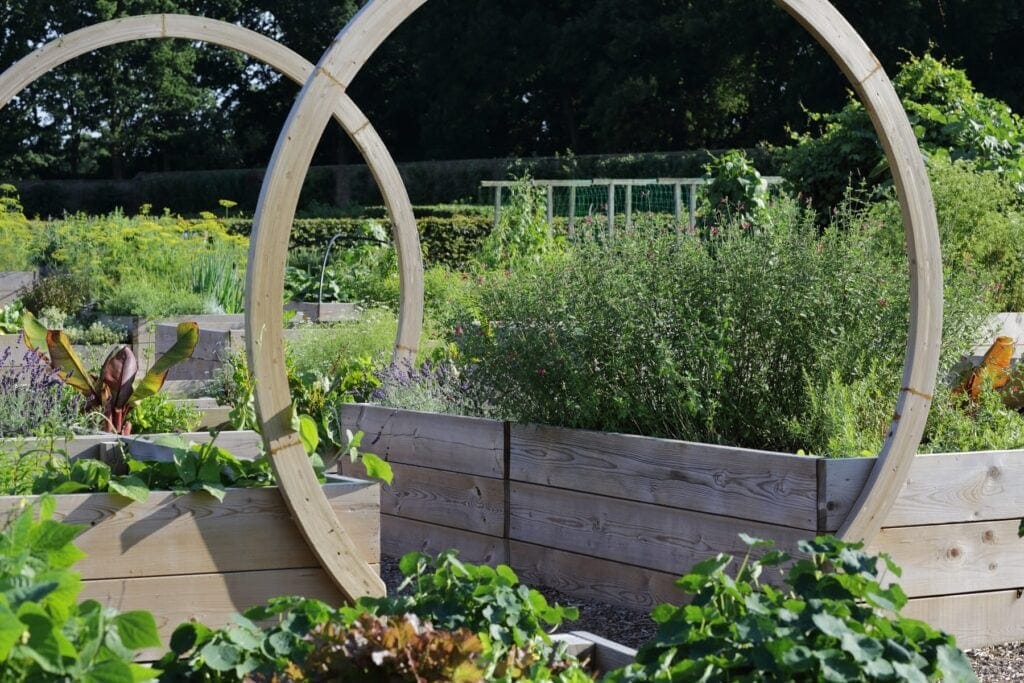
These bright early spring days are always filled with so much hope and promise for the year ahead. We are already in full swing with our seed sowing and the greenhouse in Jemima’s Kitchen Garden, pictured above, is alive and flourishing! With a garden that is inspired by permaculture and the implementation of sustainable garden practices, the types of seeds that we sow are specific.
Ideally we will always be looking to sow vegetable varieties that are classed as ‘open pollinated’ so that we can save seeds for the following year and hopefully develop a plant that is accustomed to the microclimates within the Walled Garden. A lot of vegetable seeds are F1 varieties and a great deal of energy goes into cultivating these plants in order to achieve specific characteristics, therefore their seeds cannot be saved for the next generation of plants. With a huge focus on sustainability, we always try to opt for ‘open pollinated’ varieties even if a few wonky (but characterful) carrots are thrown into the mix!
My favourite seeds to sow in early March are tomato seeds. After all this time it still amazes me that a tiny seed can transform into such a prolific plant that produces the most delicious fruit! For me it is a glimpse into the summer months ahead and a reminder of all the plant growth yet to come…
World Planting Day, 21 March: Feeding Our Future and The Queen’s Green Canopy Phase II by Mary Ainsley, Gardener
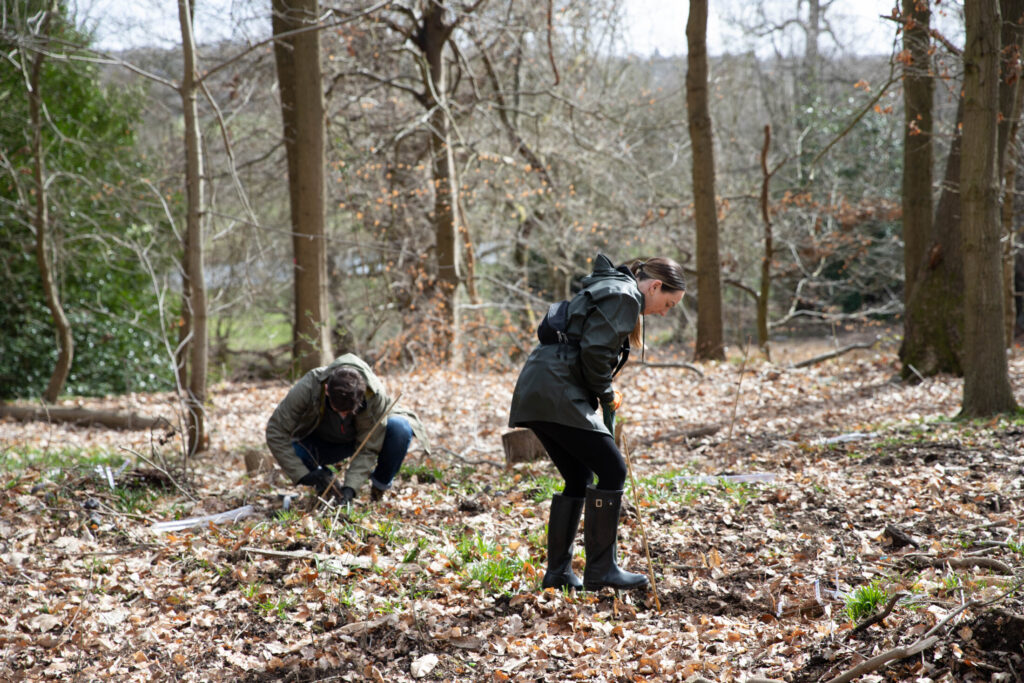
In November of last year The Grove’s Gardens Team worked with volunteers to plant approximately 200 native trees on our Poppy Field. This was thanks to the generous donation of trees and time from Watford Chambers of Commerce and their group Feeding Our Future who aimed to plant trees throughout Watford for The Queen’s Green Canopy in honour of Her Majesty’s Platinum Jubilee.
It was a brilliant day of planting enjoyed by the team and the volunteers of all ages, who came to help make a difference to our environment. In planting these trees we will be reducing noise pollution and providing shelter and food for birds and wildlife. Feeding Our Futures won the Herts Hero Green Initiative award for the project!
We have continued working with Chris Luff and his team from Feeding Our Future and are aiming to plant 700 more trees this March as a second wave to the project, this time not just on the Poppy Field but within our Heath Wood and Langleybury Children’s Farm. We hope to use the donated trees to help provide structure to our woodland’s understory, create new woodland on our site and improve hedgerows on the farm.
It is a very exciting opportunity that has enabled us to not only to invest in our environment but also our local community!
World Wood Day, 21 March: Celebrating Wood by Tash Geldenhuys, Head Gardener
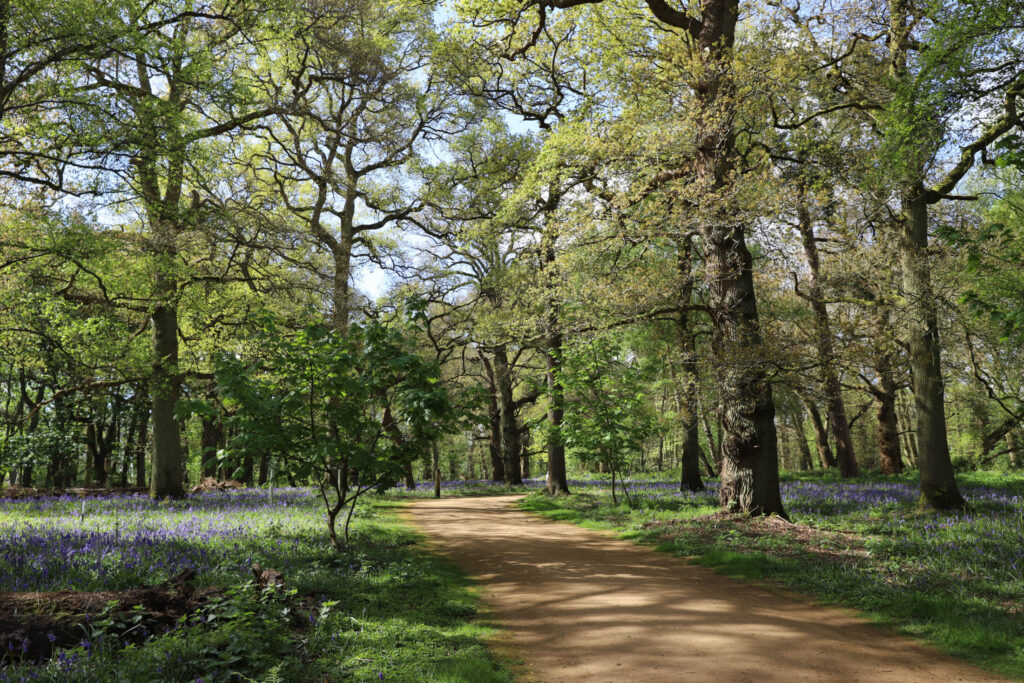
World Wood Day allows us the opportunity to reflect on the true value of wood – a wonderfully renewable bio material – and the ways in which we use it at The Grove.
If you walk through Asher’s Woodland Trails it would be hard not to notice our dead hedgerows, made from branches and logs. These create excellent shelter and corridors for many birds and small mammals, rotting down over time to provide a habitat for invertebrates and fungi.
You could use wood to help the environment at home in your garden by creating a log pile which would encourage all kinds of beneficial wildlife, such as invertebrates, frogs, toads, newts, and, if you are lucky, hedgehogs! Additionally, you could drill holes into a log to provide a habitat for solitary bees.
Increase biodiversity on your patch today!
Experience the beauty of our grounds and gardens by staying with us.

